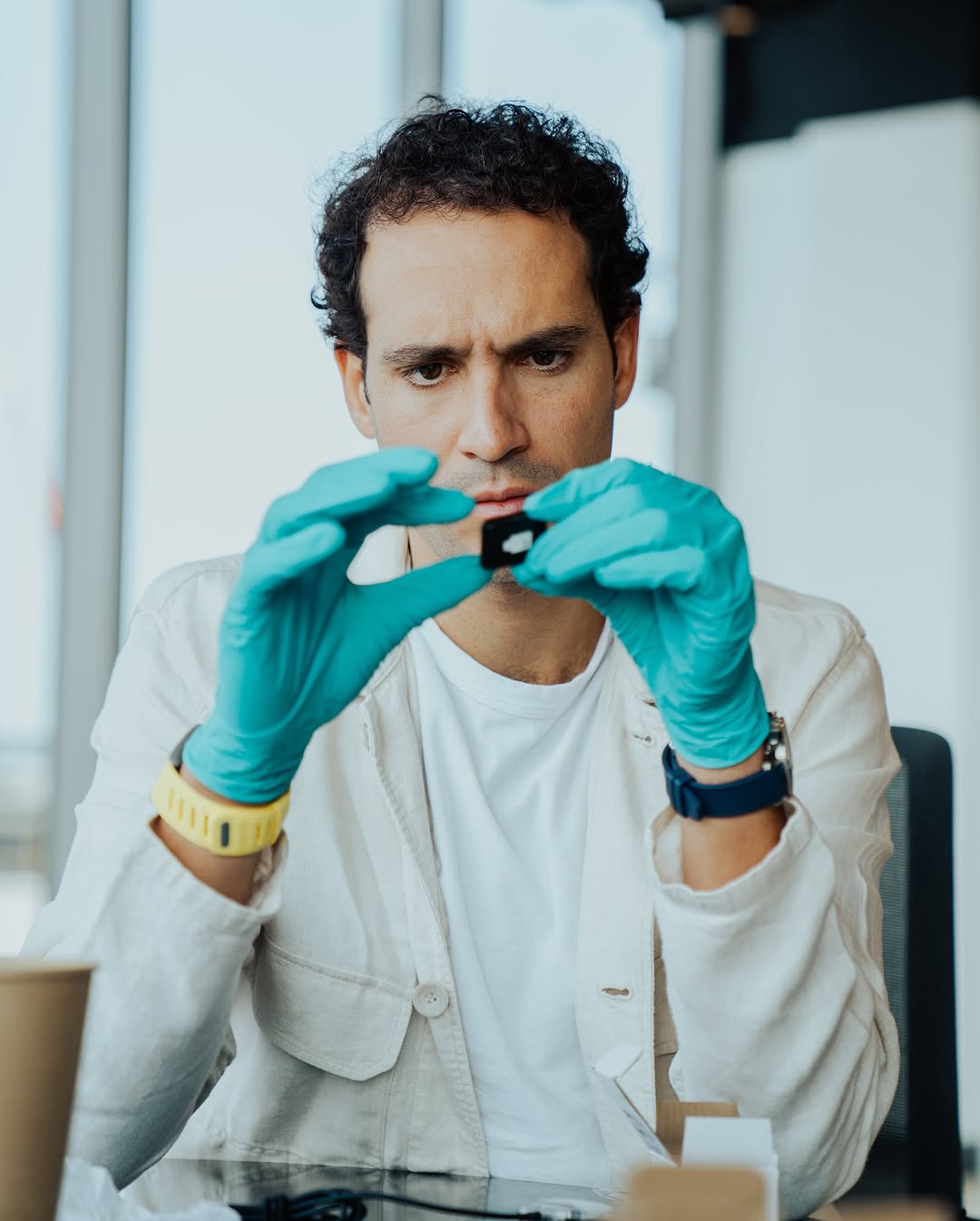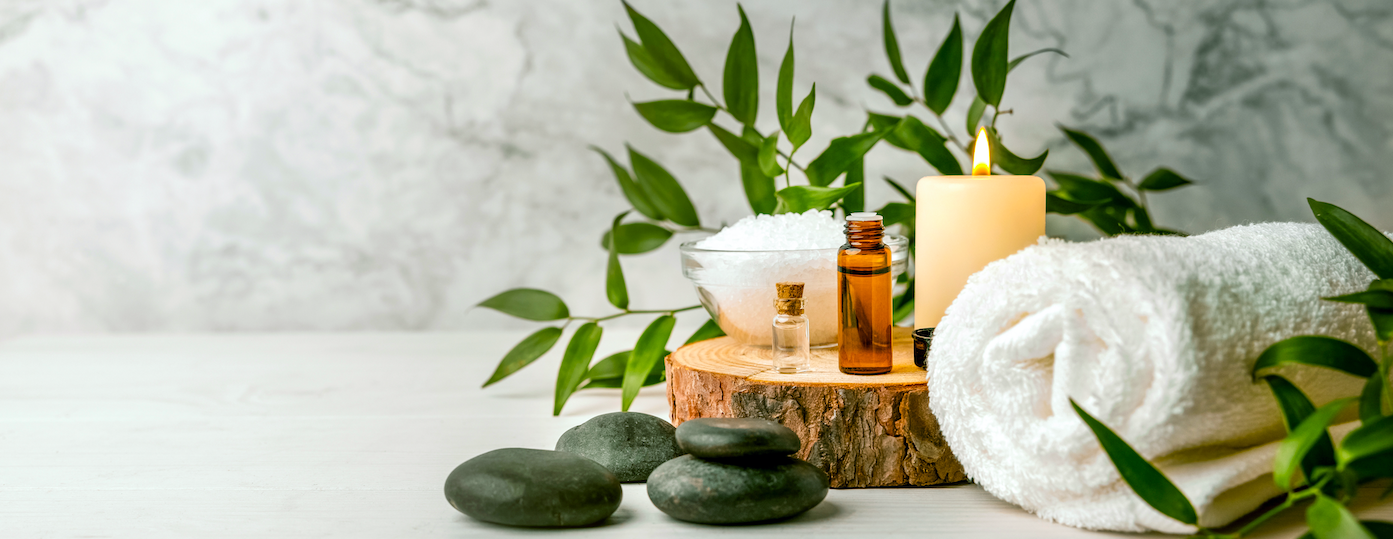The $7 Trillion Wellness Economy: The Gold Rush
The global wellness economy has exploded into a $7 trillion force, growing at nearly twice the rate of global GDP. No longer just yoga retreats and organic smoothies, it’s now a high-stakes business revolution—spanning AI-powered mental health apps, corporate performance optimization, and even longevity biotech labs funded by Silicon Valley billionaires. But as money floods in, cracks are emerging: unregulated supplements, privacy scandals, and a widening gap between those who can afford "optimization" and those left behind.
Wellness Is Bigger Than Big Tech—And More Fragmented
The wellness sector now eclipses pharmaceuticals and rivals tech, but it’s not one industry—it’s a patchwork of winners and risky bets. Personal care and beauty command $1.1 trillion, while fitness and physical activity generate another $1.2 trillion. Wellness tourism, fueled by sleep-optimization resorts and recovery clinics, has hit $817 billion, and personalized medicine is surging past $575 billion as biohacking goes mainstream.
At the forefront are companies like WHOOP, the $3.6 billion wearable tech giant that replaced step-counting with real-time strain analytics. Its success proves that health optimization is now a boardroom priority, not just for athletes but Fortune 500 CEOs. Its rise mirrors a broader sports tech revolution—one where data isn’t just tracked but used to predict performance.

@Whoop CEO - Will Ahmed
The Corporate Wellness Obsession: Hard ROI or Hype?
Companies aren’t investing in wellness out of altruism—they’re chasing productivity gains and cost savings. Salesforce slashed healthcare costs by 30% after introducing mindfulness programs, while Johnson & Johnson’s wellness initiatives saved $250 million over a decade and boosted productivity by 9%. Apple’s Tim Cook calls health tech the company’s "greatest contribution," pushing the Apple Watch into FDA-cleared medical monitoring.
But the real shift is in preventive care as a talent strategy. Unilever spent billions acquiring supplement brands like OLLY, betting that future consumers will pay premiums for products that promise better focus, sleep, and immunity. The message is clear: Wellness is the new competitive edge.
Where the Money Is Flowing—And the Risks Lurking
Venture capital poured $20 billion into wellness startups in 2024, with mental health tech (Headspace, Calm), recovery gear (Hyperice, Therabody), and personalized nutrition (Ritual, Seed) leading the charge. Private equity is equally bullish—L Catterton, backed by LVMH, acquired Equinox, betting on luxury fitness as a recession-proof niche.
But the boom has a dark side:
-
The supplement industry remains a regulatory wild west, with studies finding contaminants in 40% of herbal products.
-
Mental health apps like BetterHelp faced backlash for sharing user data with advertisers.
-
"Biohacking" dangers—from unproven gene therapies to DIY hormone tweaks—are sparking FDA warnings.
-
Inequality is baked in: WHOOP’s $30/month membership and Equinox’s $300/month fees put elite wellness out of reach for most.

China’s Wellness Market: The Sleeping Giant
While the U.S. dominates headlines, China’s wellness economy is growing twice as fast, with the government prioritizing traditional medicine and tech-driven prevention. ByteDance (TikTok’s parent company) invested $1 billion in mental health apps tailored to Asian markets, while Alibaba’s health arm now offers AI-powered TCM (Traditional Chinese Medicine) consultations. The playbook? Scale at all costs—but with state oversight that Western startups avoid.
The Next Frontier: Wellness as a Weapon—Or a Liability
The future isn’t just tracking health—it’s manipulating it. Startups are developing wearables that predict injuries before they happen and AI coaches that prescribe diets based on your microbiome. But the risks are escalating:
-
Data privacy: Who owns your DNA or sleep metrics if a wellness app goes bankrupt?
-
Over-optimization: When does self-improvement become self-destruction? (See: Silicon Valley’s adderall-and-cryo obsession.)
-
Regulatory battles: The FDA is already cracking down on "wellness" claims for untested supplements.
For investors, the question isn’t whether wellness will grow—it’s which companies will survive the coming shakeout. The winners won’t just sell products; they’ll prove they can deliver results without exploiting users or cutting corners.














